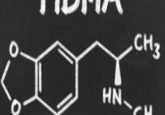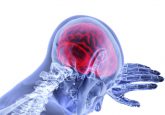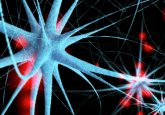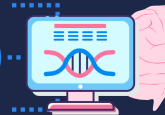Are psychedelics superior for treating mental illness? Potentially, yes
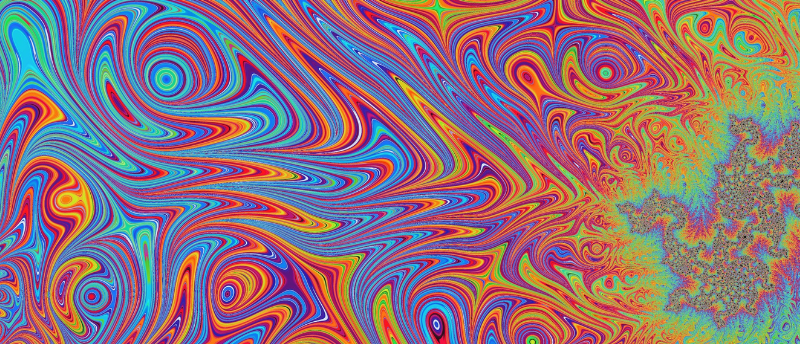
Psychedelics have displayed greater efficiency for combatting the effects of anxiety and depression over traditional drugs.
“Gee, Brain, what do you want to do tonight?”
“The same thing we do every night, Pinky: drugs.”
Banned in the 1960s after recreational popularity, psychedelics have had a resurgence of discussion in recent years as regulators allow researchers to study the effects. Psychedelic substances such as psilocybin, mescaline and LSD, among others, demonstrate potential for combatting the symptoms of mental illnesses, including addiction, anxiety, depression and PTSD.
A collaborative study between teams led by Chang Lu at Virginia Tech (VA, USA) and Javier González-Maeso at Virginia Commonwealth University (VA, USA), researchers observed the epigenomic effects of psychedelics. In mice, a single dose of 2,5-dimethoxy-4-iodoamphetamine (DOI), an LSD analogue, demonstrated long-lasting results. Other research, primarily on psilocybin – the active ingredient in 200 species of mushrooms – has also indicated signs of their capability to alleviate anxiety and depression.
González-Maeso’s team administered DOI to mice that had been trained to fear specific triggers. Lu’s lab analyzed brain samples using a specific process Lu developed in 2015. Lu’s process allows researchers to take a small quantity of material, measuring only in the hundreds of thousands of cells – from specific regions of the mouse brain – in contrast to older processes that require far larger sample sizes. Mouse brains, though significantly different from human brains, share enough similarities for reasonable comparison, according to Lu.
 Depression and anxiety: what is the scientific difference?
Depression and anxiety: what is the scientific difference?
Depression and anxiety often appear in the same sentence, now the biochemical differences between depression and anxiety have been elucidated providing new insights for targeting treatment.
Lu’s lab analyzed the brain samples provided by González-Maeso’s team for alterations in the epigenome and gene expression. The epigenomic alterations were found to be longer lasting than those in the gene expression. This is comparable to the long-term effects of a psychedelic. The new drugs seem to be quicker acting and longer lasting than existing medications, with fewer side effects as a bonus.
The hope is that this new development, building on similar results in other studies, provides promise for people suffering from mental illness. González-Maeso acknowledges that psychedelic research is still in the early stages. In addition, the paper specifies that although psychedelics have been demonstrated to alleviate the symptoms of depression, there is overlap with both ADHD and schizophrenia, on which the effects of psychedelics remain unknown. To highlight this, the paper acknowledges the resemblance between the hallucinatory and delusional symptoms of schizophrenia and the similar responses inspired by the more serious effects of psychedelics.
So, while researchers can do human clinical trials with these substances, making blood, urine and behavioral observations along the way, a great deal of work is yet to be done before the goal of psychedelic-derived treatment becomes a widely-available reality.


